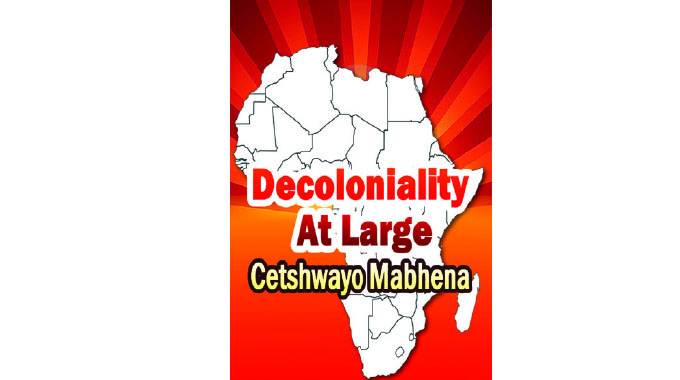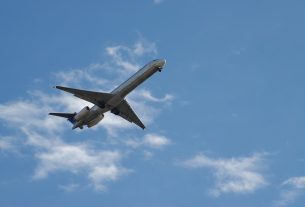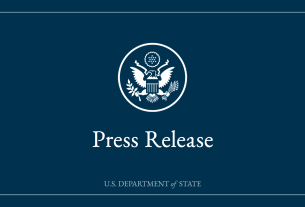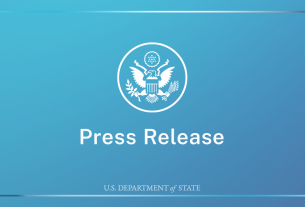The Sunday News
That a year is the Year of Our Lord or the Year Before Christ, the Anno Domini, has been a Christian expression of Faith and Hope for centuries now. 2022 has been a year where Faith and Hope became scarce resources and commodities for almost all the people of the world under the sun. Not that the years before that had been a paradise, but from 2019 to 2022 the world has never before been so in need of morsels of Hope and Faith. Nothing under the sun, from water to the air, animals to plants, the earth itself and human beings was not touched by the threat of the end of life. The Covid-19 global pandemic exposed us to the precarity of human life on earth. That a disease can easily move from animals to human beings, and from one part of the world to the whole world, and that at the end of the day animals and human beings and human beings of different races and geographic locations are the same mortals became obvious.
Covid-19 defied the lines that divide social classes, races, religions, nationalities, geographic locations and the species. Statesman and peasants, Kings and commoners, all became vulnerable to a ravaging pandemic. Excitedly, the Slovenian philosopher, Slavoj Zizek, declared that Covid-19 had become the great equaliser of people that was going to force communism upon the world. Sooner than later, the pandemic was to make more dramatic and more visible the inequalities that have always punctuated the world. Vaccine apartheid, vaccine racism, vaccine nationalism, and vaccine ageism and ableism were soon introduced into our already bludgeoning dictionary. Races, nations, social classes, privileged ages and bodies started benefiting from vaccines in asymmetrical ways. The Covid-19 pandemic and the attempts to cure and prevent it exposed us once again to our unequal and uncertain world. In a way the pandemic and the attempts to cure it reminded us of how life, all life, is vulnerable and fragile. Besides our hope that modern science was going to rescue us from the pandemic we almost all at some point became religious about life and death.
As the world was tiptoeing from the global pandemic the war broke out between the Russian Federation and Ukraine, both former Soviet Union Republics. It is in politics proper and in war that there is no one truth but many truths. Key in the catalogue of the Russian truths has been that NATO has been surrounding Russia with military bases and was about to co-opt Ukraine into its orbit, leaving the Federation surrounded by NATO and existentially threatened, hence the special military operation to de-militarise and de-nazify Ukraine. The truth of Ukraine and its NATO backers has been fronted by the gravamen that every country under the sun is a sovereign and democratic entity that is free to join any political and military alliance that it chooses. The voting at the United Nations showed how Africa remained largely a spectator in world affairs that would choose to abstain than decide to openly support any of the warring sides.
The four horsemen of the Apocalypse
Philosophers might as well be those boring bodies that hide behind the performance of some wisdom to escape the responsibility to think and act quickly as life frequently demands. What Hegel meant by that “the owl of Minerva spreads its wings only with the falling of the dusk” is that philosophy is always an afterthought that gets into action after the events of any day have come and gone. Which is both lazy and cowardly. Karl Marx, himself a good philosopher, blamed philosophy of being descriptive and lacking in decisive action that is needed to solve the world’s problems: “The philosophers have only interpreted the world, in various ways, the point, however, is to change it.” To observe and describe the world, without the activism to change it was to Marx the treachery of philosophy, what he later famously called “the poverty philosophy.”
We have some philosophers to thank, however, for a description of what is happening to the world and what might happen. While the Biblical narrative of the book or Revelations described the Four Horsemen of the Apocalypse as Conquest, War, Famine and Death itself, present philosophers that include Zizek, have added to the list or come up with a completely new one to describe our present condition in the world. Describing our “living in the end times” in 2012 Zizek named Poverty, the Ecological Crisis, the Refugee Crisis, and Terrorism as our Four Horsemen of the Apocalypse that are bringing the world to an end. 2022 changed the list of the harbingers of our doomsday by bringing in disease, war, poverty, the ecological crisis and growing social inequalities as the palpable threats to the world and the life in it. Disease and war, followed by the ecological crisis in shape of climate change are the leading horsemen of our end times. Against these harbingers of the end times is our Hope and Faith in Africa where the worst of every crisis seems to prefer. It is in Africa where we fear diseases and also the vaccines that have been manufactured to prevent the diseases. Where European tribal wars become our wars also, economically and politically. If Africa is truly the Cradle of Humankind it is also the cemetery of world problems where world problems come to live and die.
The Year of Our Lord
2022 was the true Year of Our Lord, where we needed Faith and Hope from one to the next day. Where the world was confronted by the horses of the Apocalypse more vividly than ever. Charles Dickens described such a year thus: “It was the best of times, it was the worst of times, it was the age of wisdom, it was the age of foolishness, it was the epoch of belief, it was the epoch of incredulity, it was the season of Light, it was the season of Darkness, it was the spring of hope, it was the winter of despair, we had everything before us, we had nothing before us, we were all going direct to Heaven, we were all going direct the other way — in short, the period was so far like the present period, that some of its noisiest authorities insisted on its being received, for good or for evil, in the superlative degree of comparison only.” It is in tragic optimism that the world can face 2023 in Faith and Hope. Doing so with the decolonial understanding that preserving the air, water, soil, plants and animals is as important as preserving the equality and justice of our different races, classes, nationalities and geographic locations. Racism, for instance, is as bad as speciesism. Hate and discrimination of one by the other are as bad as any pandemic. The Horsemen against our world and life are far more than four, we only not look at ourselves and the world in order to seen and know them.
Cetshwayo Zindabazezwe Mabhena writes from Mabusabesala Village in Siyabuswa, Mpumalanga Province, South Africa. Contacts: [email protected]



